If you missed Sunday’s message you can catch up by listening here or over at crosspointe.org/series/the-book-of-james.
As we come to the end of our collective summer study of The Book Of James, we wanted to share a very helpful sermon from Rev. Barbara Brown Taylor, as she walks through James teachings on the tongue and how we, as creatures of speech, have the ability to create or destroy life with our words. Both video and audio versions are embedded below, as well as printed excerpts from the opening and closing of Rev. Taylor’s talk.
Opening Excerpt from the Sermon
“While it is always exciting to be back at Duke chapel, it is especially exciting to be here today,on Dean Powery’s first Sunday as Chaplain to Duke University. If there’s anything better than preaching on your first Sunday, it’s having a guest preacher who was already on the schedule so you can catch your breath. As for those of you who had hoped you would be hearing him today,take heart—for lo,am with you but this little while and he shall be with you always.
Plus, James is the real preacher today—a servant of God and of the Lord Jesus Christ. All I really have to do is stay out of his way. I wonder all the time about how Christianity would have shaped up if James had written half as many letters as Paul did. If you put all the letters of James, Peter and John together,—those who knew Jesus in the flesh—their combined witness is shorter than Paul’s two letters to the Corinthians. Paul—who never knew Jesus in the flesh—wrote a good hundred pages more than all the other letter writers put together, so that he was the one whose views of Jesus, God, Torah, church, ministry, women, sex, time, salvation, afterlife, and faith took root in the early church.
Let that be a lesson to all of you who have stopped writing letters in favor of Facebook postings. You will never shape a major world religion. But then, neither did James. While his lone letter had what It took to be included in the New Testament, he got tucked in near the end with his brothers Peter and John. Like most last pick players, they don’t get into the game very often. They just sit and watch Paul hit home runs.
Closing Excerpt from the Sermon:
The main difference between your tongue and a wild horse is that only you can tame your tongue. No one else can do it for you, and the choice is yours. Still, James says, God has given us a leg up if we want it. When God was speaking us into existence, creating us in God’s own image, God planted the word inside us, James says. The whole universe of God’s life giving speech is embedded in us as surely as our bones and breath, with power even now to save our souls—not by our faith in it alone (remember Paul is away today) but by our God given ability to do what it says, starting with our care for our most defenseless neighbors in their distress.
If we want religion that is worth something, James says, that’s what we’ll do—yield the bit to the Implanted word inside of us, letting it slow us down enough to choose our words with care and even then to know when it is time to stop speaking them and start acting them out instead, like players in God’s own game of charades. In a world where too many words have hardened too many hearts, the incarnate word goes on speaking without words—God’s word made flesh—not just once upon a time in one person far away from here, but right here, right now, through the eloquent flesh of speech creatures like you and me.
